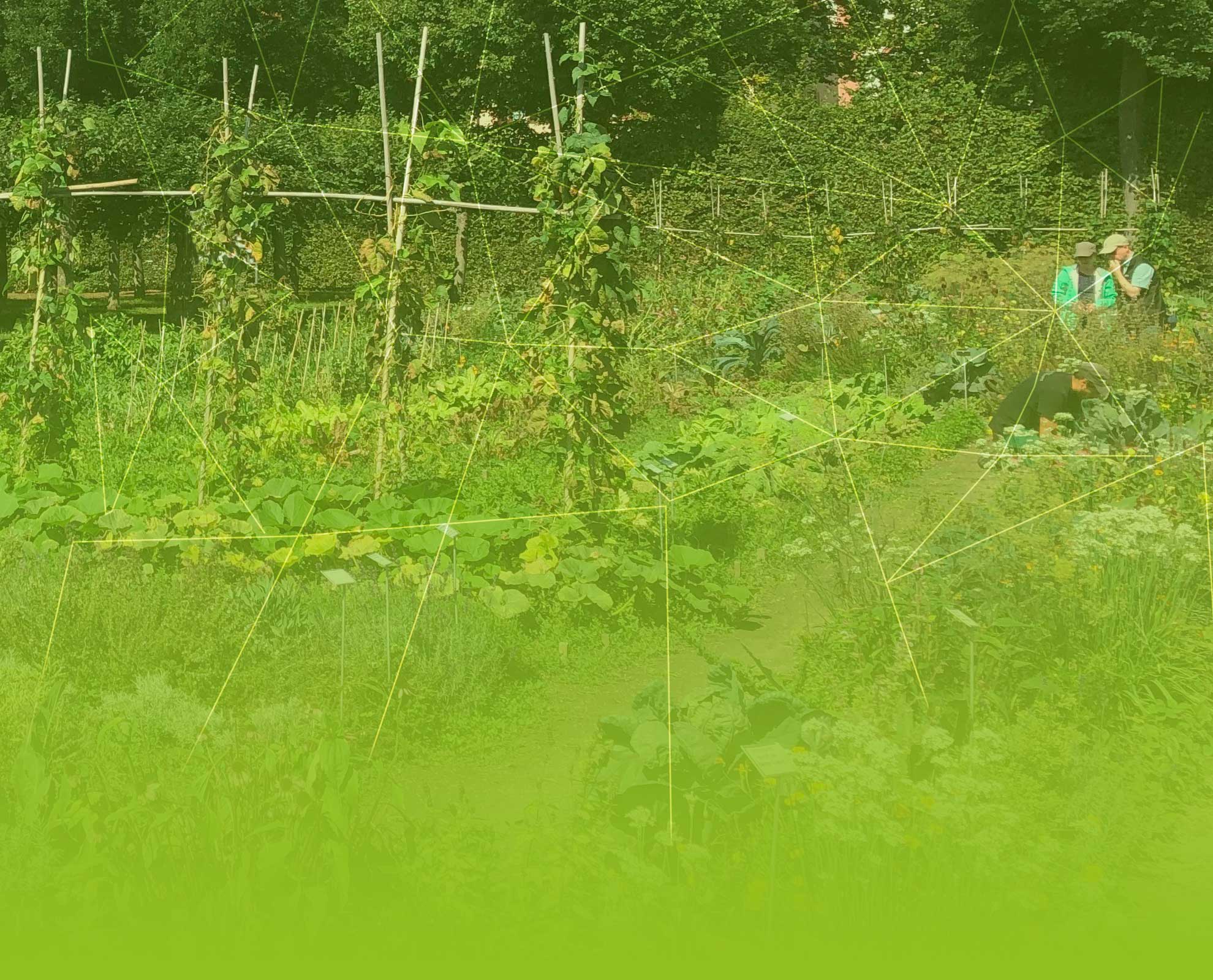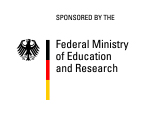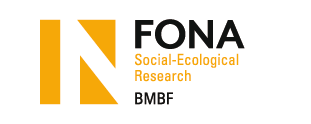The Green Economy and related concepts such as Green Growth and the Green New Deal were seized upon with increasing frequency during the recent global financial and economic crisis. The concept of the Green Economy aims to identify new ways in which economic growth can go hand in hand with ecological sustainability, social inclusion and fairness.
Germany’s sustainability strategy and the implementation thereof have again received praise in the second international peer review published by the German Council for Sustainable Development. At the same time, however, it was recommended that the German Federal Government may want to both set up a long term framework for implementation and rebuild capacities. Moreover, a glance at the last sustainability strategy progress report shows that progress is by no means to be observed in relation to all indicators. In other areas, these indicators show that the progress made has not been sufficient. The reasons for this are diverse and the contexts are often complex. The insufficient progress in energy productivity, for example, can be explained via technical and economic path dependencies; the limited uptake of croplands for organic farming is based not least on this having become less of a political priority. These and other examples drawn from actual practice show that a holistic concept for the transformation of the economic system can only be effected by bearing in mind the various opportunities and barriers involved in the diffusion of technical, social and systemic innovations in all their diversity.
The research project Evolution2Green will be carried out by adelphi together with the Institute for Futures Studies and Technology Assessment and the Borderstep Institute, and has the following goals:
- to develop a comprehensive strategy for the transformation of Germany’s economic system towards a green economy,
- to make a contribution to the evaluation and measurability of progress towards a sustainable way of doing business,
- to develop suggestions for a green economy-orientated model of management, and
- to gain new insights into consumer behaviour, thus connecting with existing BMBF initiatives.
The project’s potential for application is to be found first of all in the political arena. Additionally, the project’s findings will help businesses and NGOs to better perceive their role in the transformation to a Green Economy.
Walter Kahlenborn, adelphi consult GmbH




